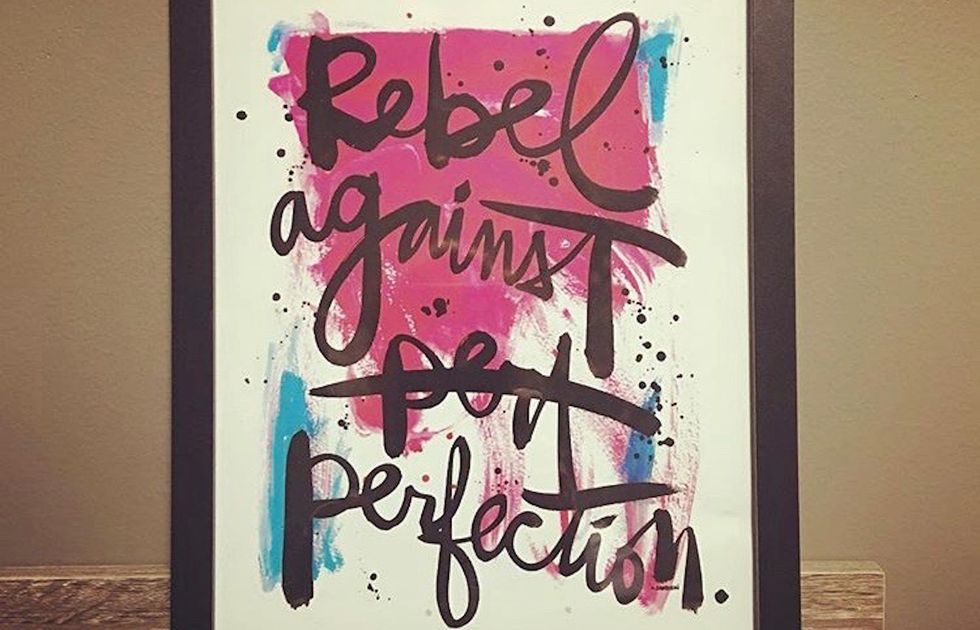I used to be proud to call myself a perfectionist. Shouldn’t that be a good thing? Striving to do well and create content that’s as good as it can possibly be? Being a perfectionist is often touted in job interviews as a benefit: “I’m organized, detail-oriented, and a perfectionist.” Granted, these traits are good tools for any career. As a scientist, being organized and paying attention to details is essential for good science, and these behaviors have served me well over the years. However, all those years of conditioning myself with perfectionism came with dire consequences.
Sometimes perfectionism manifests itself in small ways, such as toying with the wording of an email to send to your boss, but when it takes an hour to send an email or you spend too much time ruminating over assignments with pressing deadlines, it becomes a serious problem.
While perfectionism may appear to be something to strive for, it also has a dark side. When you’re in a constant state of comparing yourself to others and setting unrealistic expectations for yourself, you burn out extremely fast. Burnout does not mean simply being tired after one tough day. Burnout has debilitating symptoms such as emotional exhaustion, depersonalized attitude, and low levels of personal accomplishment. The link between perfectionism and burnout isn’t merely anecdotal. A recent study demonstrated that perfectionism exhibited across multiple life domains (work, sports, education) fueled the progression of burnout symptoms. Not only do other people expect perfection of us, we demand perfection of ourselves, and that combination can be particularly dangerous.
“Perfectionism is self-abuse of the highest order”—Anne Wilson Shaef, author.
I never experienced perfectionism to such damaging extent when I was an undergraduate student. I was driven to produce my best work, but I knew that at the end of the day, that work was an assignment that twenty other people were also attempting to complete. I was going to be fine. The dangers of perfectionism only became real to me when it came to my research projects that I was personally invested in. I thought that those projects represented me. I began to think that my work was a reflection of myself. I was pouring my heart and soul into it, so how could it not be?
But I ultimately realized that I am so much more than the content I produce. I consist of all the experiences and memories of only me. There’s no possible way that any one project or assignment can embody all of what makes me. There will always be a product of circumstance, lack of sleep, stress, etc., that will get in the way of perfection.
"Perhaps it is our imperfections that make us so perfect for one another"--Jane Austen, author.
I will no longer let “being perfect” get in the way of producing good content. The actual worst-case scenario is letting the fear of imperfection stop me. By changing my expectations and giving myself more time to complete tasks, I can make “good enough” the new perfect. While I don’t see myself intentionally underachieving on an important task, I will instead re-define what perfect is.Now, being perfect means that instead of not writing a sentence because I can’t think of the exact words, I just write something and edit it later. Being perfect means increasing efficiency by pooling together resources and delegating tasks to others with expertise, instead of taking on everything myself. Being perfect means not judging myself and instead give myself the freedom to make errors so that I can eventually reach “good enough.”





 mr and mrs potato head
StableDiffusion
mr and mrs potato head
StableDiffusion





